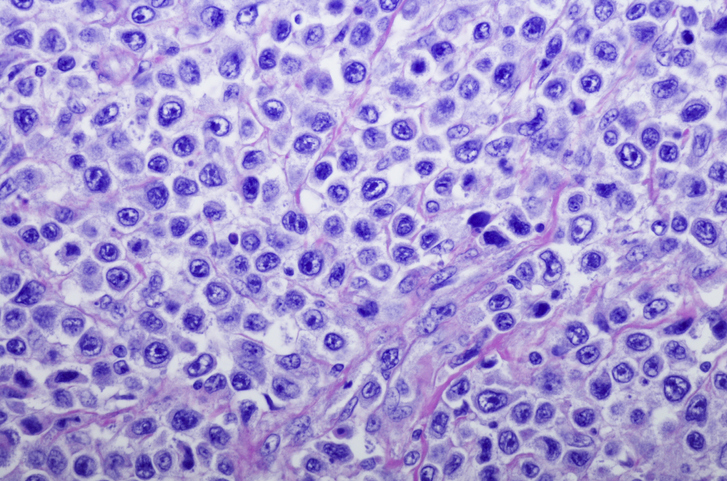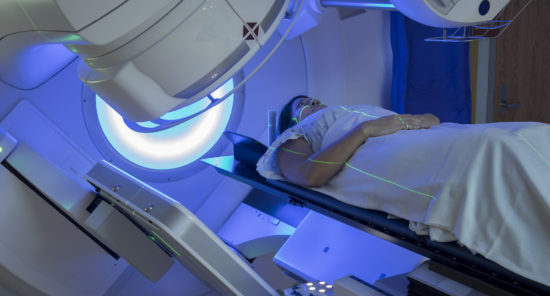A study gleaned the perspectives of older women in terms of how they would feel about undergoing breast cancer treatments if diagnosed with early-stage, hormone receptor-positive (HR+) breast cancer.
Older women with early-stage, HR+ breast cancer have “an excellent long-term prognosis,” according to the researchers; patients aged 70 years or older have a less than 1% chance of dying from these tumors. However, certain treatments are not recommended for older women. One study observed no differences in survival between women who underwent postlumpectomy radiotherapy with or without axillary staging versus lumpectomy and endocrine therapy alone. The Society of Surgical Oncology does not recommend routine axillary staging with sentinel lymph node biopsy (SLNB) in this patient population, and in its guidelines the National Comprehensive Cancer Network recommends they can omit postlumpectomy radiotherapy.
Still, many women in this patient population continue to receive SLNB and adjuvant radiotherapy.
“To broadly understand this clinical decision-making scenario from the patient’s perspective, we performed a qualitative study with women aged 70 years or older to understand patient perspectives on the omission of SLNB and radiotherapy for early-stage breast cancer and to identify strategies to facilitate evidence-based and values-concordant care for patients,” the study authors explained.
For the study, Midwestern women aged at least 70 years who were never diagnosed with breast cancer were asked questions about treatment options in the event that they were diagnosed with low risk, HR+ breast cancer.
Thirty women participated in the study; the median (interquartile range) age was 72.0 (71.0–76.5) years. The cohort consisted primarily of white women (87%), women living in metropolitan areas (97%), and women with at least a four-year college degree (67%). Most women supported age-based breast cancer treatment guidelines “on the basis of decreased recurrence risk and increased frailty in older patients”; however, the majority of respondents did not believe the guidelines were relevant for older women in good health and a long life expectancy. There was confusion among participants that treatment de-escalation is not a poor prognosis but a good one. Twelve women (40%) said they would undergo SLNB because they perceived it as low risk and said it would give them peace of mind. Three-quarters of respondents (n=22; 73%) said they would rather omit postlumpectomy radiotherapy due to its “perceived risks, lack of benefit, and inconvenience.”
The results of the study appeared in JAMA Network Open.
The researchers concluded, “Positive reframing of recommendations to avoid SLNB and radiotherapy may be a strategy to reduce overtreatment while maintaining patient autonomy. Although patient preferences for SLNB could partially explain high rates of SLNB use nationally, persistent use of adjuvant radiotherapy may be associated with factors related to guidelines, health professionals, incentives or resources, and capacity for organizational change.”
Credit: Original article published here.










